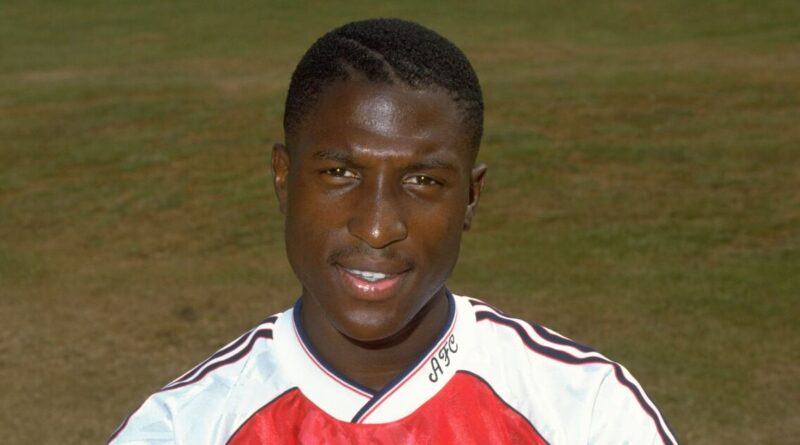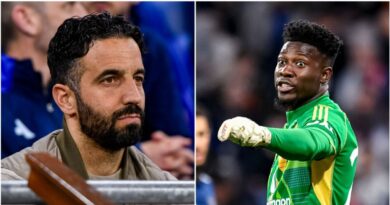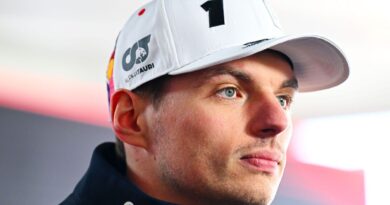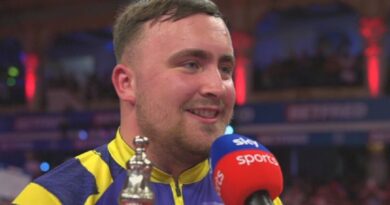Kevin Campbell died of natural causes as inquest heard into ex-Arsenal hero’s death | Football | Sport
Former Arsenal and Everton striker Kevin Campbell died of natural causes, an inquest has heard. Campbell was 54 when he died of multi-organ failure on June 15 last year.
The ex-striker was admitted to Manchester Royal Infirmary (MRI) for the second time just months before his death. His case led to Manchester University NHS Foundation Trust, which manages the hospital, declaring a Level 5 patient safety incident. It is the most serious category and was launched to establish whether Campbell’s life might have been saved with an earlier diagnosis of infective endocarditis, an infection in the valves or lining of the heart.
However, the inquest heard that following an internal investigation by the hospital, that was downgraded to Level 2. Manchester Coroner’s Court was told on Monday that the investigation found that an earlier diagnosis would not have prevented Campbell’s death.
Campbell was admitted to hospital on January 23 last year when tests revealed “multiple abnormalities” had caused him to have a stroke. Those problems included heart issues that had led to chronic kidney disease and liver damage.
He was discharged on March 8 after six weeks of treatment but was readmitted on May 17. The inquest heard that Campbell had weighed 124 kilograms before he was first admitted to hospital, and was 90kg when he was discharged. However, upon being readmitted, he weighed only 59kg.
Robert Henney, a consultant physician for the MRI, admitted that “the weight loss was not recognised [by hospital staff] as early as it should have been”. He added: “[That is] something we acknowledge, and something we should look into, because it may have caused questions about why the weight loss had happened and that may have triggered other investigations.”
Within five days of being readmitted to hospital, Campbell was so weak that he was placed into palliative care and his family were informed that he was not expected to survive. Henney continued: “Kevin was so weak as a result of heart and kidney failure and weight loss that even if we had diagnosed the endocarditis on that day [of admission] I don’t think his treatment would have been any different.
“What he actually needed was surgery … but he was so weak that was not an option. Unfortunately there was nothing else that could have been done.”
In reaching his verdict, coroner Zak Golombek said there was “clear evidence of a missed opportunity or a delay in diagnosis” of Campbell’s endocarditis. However, he added: “It’s also part of the evidence that this particular missed opportunity or delay in diagnosis would not have more than minimally contributed to Kevin’s death on the balance of probabilities.”
At an earlier hearing, the inquest heard that Campbell’s family raised questions about his “delayed diagnosis” and why he was not given an echocardiogram – an ultrasound heart scan – during his first hospital admission.
The family’s lawyers unsuccessfully requested that the inquest should consider an independent report into Campbell’s death for fear of a scenario in which the trust could be accused of “marking their own homework”.
However, at the latest hearing, Campbell’s brother, Harold, and sister, Lorna, said via a video link they were “happy” with the coroner’s verdict that their sibling had died from natural causes. “From a family’s point of view, he was a superstar,” said Harold. “He was very loved.”
Campbell, widely known as ‘Super Kev’ throughout his career, had successful spells with a range of top-flight clubs. He started at Arsenal, where he won the First Division, the FA Cup, a League Cup, and the European Cup Winners’ Cup.





